Miskolc shall be a place for everyone! winner
Empower Roma communities to take part in an intensive local dialogue, participatory planning and joint actions for inclusive development in Roma settlements in the peripheries of Miskolc in Hungary
Creators
Who is behind this?
Who is joining forces?
Zala Megyei Cigány Civil Szervezet (ZMCCSZ) - Zala County Roma Association
Hungary
Kristály-völgy Egyesület Ajka (Association)
http://kristaly-volgy.hupont.hu
Hungary
ZMCCSZ works with most disadvantaged Roma communities on innovative housing, self-help, cooperative & social development initiatives in Zala county since 2006. Website is not available at the moment.
Idea
Idea pitch
Miskolc city has a large Roma population, about 30 000 Roma (definite data is not available). About 70% live in segregated, peripheral districts; around one-third of them are not registered residents in the city. The newly elected city council is open to starting the development dialogue. Our initiative is to build the bridge between the Roma communities and the municipal institutions. We go to Roma people and empower them to be able to create their voice and to act for their better life.
Where will your project idea take place?
Miskolc, BAZ County, northeast Hungary, the segregated districts (21) of the city
What is the specific societal challenge faced by this region?
Miskolc, the city in the northeast (about 160 000 inhabitants, 20% Roma), as a former socialist heavy-industrial center went through on a deep and long-lasting economic crises in the 90-es and still has not stabilized economically. The main social challenge is the high number of disadvantaged inhabitants, the majority of them are Roma, living in more than twenty segregated districts in different parts of the city. About a third of them are not registered residents in Miskolc. The reason is that different development decisions last years generated migration waves of Roma families from downtown and from rural areas to segregated parts of the city. This year these segregated communities are the first to feel the impact of the pandemic - the unexpected economic/job market crises.
Who are you doing it for?
Our target groups; (1)Figures about each group we are going to work with; (2)Indirect beneficiaries:
Inhabitants in segregated Roma districts& representatives of the local Roma organizations; (1) min. 200 members of the district level Roma working groups that we plan to establish; (2) 30000 Roma inhabitants in Miskolc
Local council, representatives of all relevant municipal departments, local institutions, - NGOs. Relevant: housing, education, health, job, social services&development, infrastructure, public transport, culture, employment
University of Miskolc
Citizens of Miskolc – We will build communication between the isolated Roma communities and other local citizens and facilitate common actions (1) About 100 activated non-Roma local citizens; (2) 160000 local citizens
How do you plan to get there?
Steps: Forums and fact-finding visits in each Roma district; Activate communities’ members; Establish Roma working groups in min. 6 districts; Implement capacity development tools with help of our partners; Identify & implement the first community actions at district level; Link the Roma working groups to the institutional taskforce, facilitate their common work. Parallel to these: Communication campaign/actions at the city level to sensitization of the local citizens; Build the local stakeholder network and partnerships. Share the lessons learned in social media, exchange experiences on a workshop targeting other municipalities and on a conference with media involvement. We use a holistic, sustainable and participatory approach; the community coaching and the learning by doing methods.
What are the expected results?
Roma communities will be activated and strengthened in Miskolc. They have their democratic voice, contribute to local decisions, and take active part in the local development process for inclusion. The relevant local stakeholders will be better organized; they work on a synergic way in partnership; their network is strengthened and they agree on a common vision and the action plan for local Roma inclusion. Citizens of Miskolc are more open to taking action for building an inclusive local society.
How does your idea strengthen active citizenship at a local and community level?
A special moment in the life of our city: the new local council is committed to an inclusive local development process. But the target Roma communities are isolated, lost their trust and self-confidence; self-organization and experience in democratic decision-making is very weak. To be able to practice active citizenship, it is needed to encourage and empower them. We have started to build the bridge between the Roma society and the municipality to strengthen democratic processes. Our idea is to implement (1) community mobilization and (2) 'learning by doing'-type of capacity development processes aiming to coach local Roma communities in identifying their development needs and ideas, to create their self-help organizations to act and to take equal part in the local development dialogue.
Why is this idea important to you?
We see a moment in Miskolc that does not come so often: the institutional bodies are open for the dialogue with Roma communities and committed to finding concrete solutions to improve the living conditions in Roma districts. Our association is motivated to contribute to the activation and strengthen of the Roma communities to be able to use this important moment on an efficient, democratic and sustainable way.
€ 53000,-
Total budget
€ 50000,-
Funding requested from Civic Europe
Major expenses
Office expenses - 3000 EUR (self-contribution)
Travel & accommodation - 3000 EUR
Personnel total - 31000 EUR, including:
3 Community coaches - 18000 EUR
Project manager - 4000 EUR
Professional project leader - 6000 EUR
Training/capacity development (partner org.s) - 3000 EUR
Financing 10-15 small community actions identified by the Roma target communities - 9000 EUR
Public relations, communication campaign - 2000 EUR
Closing workshop and networking/lessons learned comference - 5000 EUR
What do you need from the Civic Europe community?
Any content oriented advice, feedback and question is welcomed to improve our idea!
Project Journey
Results and Future – Miskolc will be a place for everyone
Our experiences and the lessons learnt during our project journey have been shared through various events and exploited in different outputs of the joint work.
- Our project played a key role in the initiation and the preparation of the Municipal Study on the Situation of Territorial Poverty in Miskolc. Our team, in cooperation with the Municipal Taskforce for Inclusion, conducted a survey for collecting empiric data as well as identifying and mapping territorial units of deep poverty in Miskolc city and the specific societal challenges faced by the 17 segregated communities identified.
- On the 18th of August we implemented our project closing event where the results of our work in Tetemvár and Bábonyibérc had been shared with the wider audience. The closing event provided insight for the participants to specific tools and methodologies which may open new opportunities and perspectives for the segregated communities involved in our project like the social entrepreneurship or the community based development and participatory governance model of the Zala County Roma Association.
- On the 19th of October the Municipal Taskforce for Inclusion and the CAGs organized a site visit for the board members of the Hungarian Municipal Association in the segregates of Bábonyibérc and Tetemvár. The the project methodology and results had been shared with the visitors while the professionals representing the Hungarian Municipal Association shared their reactions, recommendations and good examples with the hosts.
- Video of the Hungarian Municipal Association about our project: https://www.youtube.com/watch?v=oenHR21IvmE
- Our project won the 3rd prize of the "Best Municipal Practices 2021" contest of the Hungarian Municipal Association: http://xn--tosz-5qa.hu/uploads/onkormanyzat-ujsag-pdf/2021_dec_Onkormanyzat_NET.pdf
Based on the results of our pilot project and with the active support of our team, the Municipal Taskforce for Inclusion created a transnational consortium of municipal, civil society and professional organizations from Miskolc, Košice and from EU level. We prepared a project proposal for the EaSI call of the DG Employment of the Commission aiming at the participative development of the segregated areas of Miskolc and the other partner cities. The proposal had been selected by the evaluation committee. Accordingly, the implementation of the so called 4IM project for scaling our methodology started on the 1st of December 2021. The budget is about 1 million EUR.
Communities in action
Based on the preparation, problem screening, community planning and capacity building activities, CAGs became capable to organize and implement small actions as planned during the problem-screening phase, in order to involve further inhabitants of the segregates and engage their communities.
In the Tetemvár segregate the following three actions had been implemented successfully:
1. Waste collection day (7.5.2021) to collect illegally placed garbage from the abandoned estates and gardens in the segregate. The action had been supported by the Hungarian Charity Service of the Order of Malta and the municipality, which provided waste containers to the community.
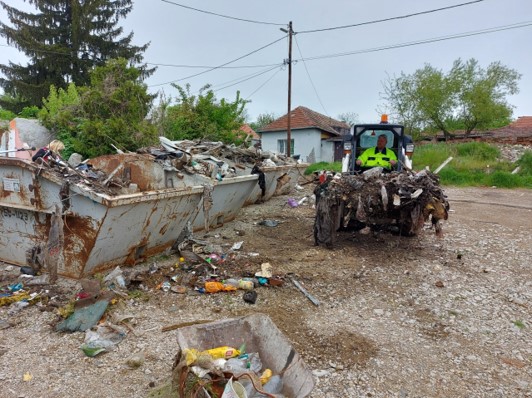
Picture 1 - Tetemvár cleaning day

Picture 2 - Tetemvár cleaning day
2. Road repair action (31.7.2021) to improve the conditions of the worst sections of the inner roads in the segregate. As a result of the action the accessibility of the city as well as the educational, healthcare and public services developed significantly. Local entrepreneurs who offered materials to fill the potholes supported the action.
3. Community theatre events (21.8.2021). Two community theater performances had been given on the same day for local children and adults by the UtcaSZAK Alternative Theatre Company to provide community experience, support the inter-generation communication and joint thinking on mutual problems and their possible solutions.
In Bábonyibérc two further small actions had been implemented as follows:
1. Road repair action (July-August 2021) to improve the conditions of the worst sections of roads leading to the local bus stop. As a result of the action the accessibility of the city as well as the educational, healthcare and public services developed significantly. Local entrepreneurs who offered materials to fill the potholes supported the action.
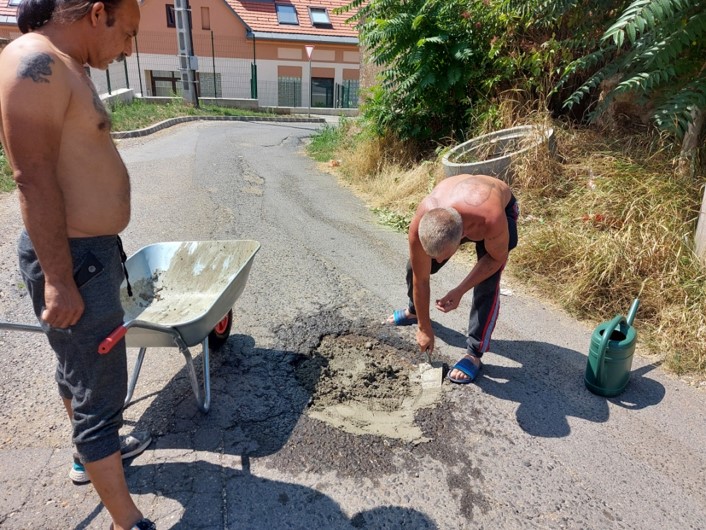
Picture 3 - Bábonyibérc road repair action
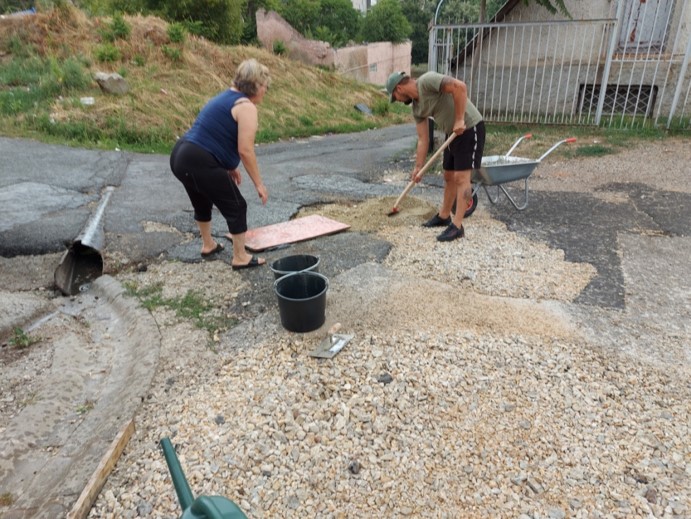
Picture 4 - Bánonyibérc road repair action
2. Drinking water well repair (July-August 2021). The community built a concrete square around the drinking water well serving the community. Accordingly the accessibility of the local water resource improved significantly for those who do not have running water in their homes. Local entrepreneurs also offered materials to support the action.
These community actions provided community experience to those who participated in the implementation of the actions, supported the engagement of the community with the experience of the joint success and empowered the CAGs by proving their capabilities to organize the community, convince external supporters and implement joint goals.
As a result of the empowerment of the CAGs, the cooperation between the Municipal Inclusion Taskforce and the Community Action Groups has started. Within the frameworks of this cooperation Afternoon Tea Parties, Pilot Development Discussions and Joint Meetings had been implemented as follows:
1. Afternoon Tea Parties:
The local CAG of Tetemvár organized afternoon tea parties on the 1st of June and the 21st of July, 2021 in the local community centre operated by the Hungarian Charity Service of the Order of Malta, where they invited the representatives of the municipal inclusion taskforce to start the joint discussion, get acquainted with each other among less formal circumstances, and support the building of mutual trust.
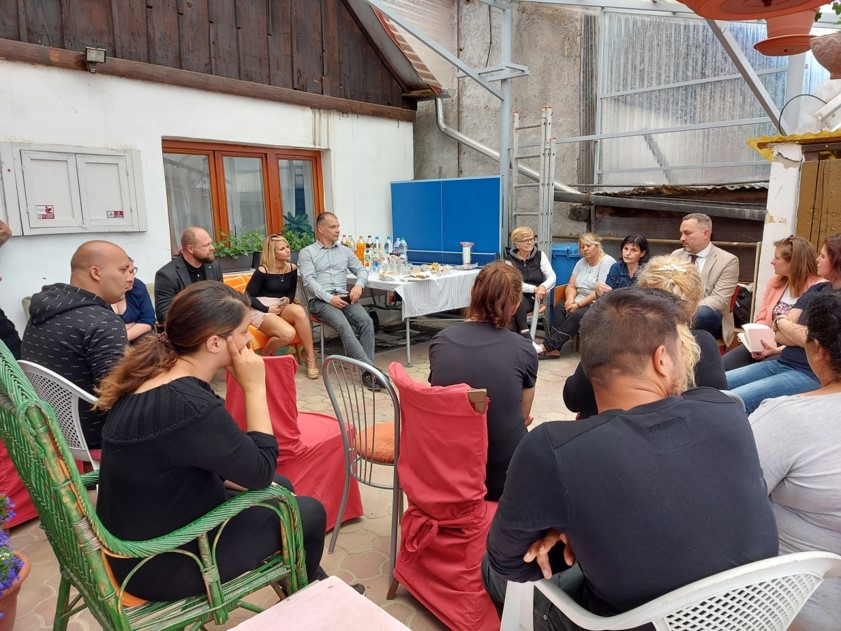
Picture 5 - Tetemvár afternoon tea party
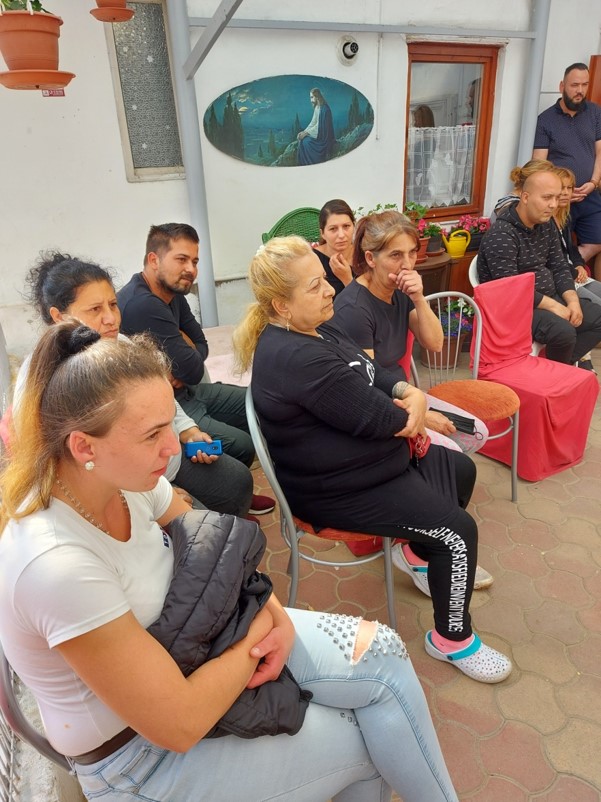
Picture 6 - Tetemvár afternoon tea party
2. Pilot Development Discussions
The CAG of Bábonyibérc organized more formal meetings (e.g. 24th, 28th of June and 12th of July, 2021) with the representatives of the Municipal Inclusion Taskforce (e.g. social inclusion rapporteur of the municipality; municilpal council members responsible for the two pilot districts; representatives of the City Management Company) in a tent, set up in the centre of the segregate next to the drinking water well. These meetings supported the co-creation of solutions for the social, infrastructural and other issues identified by communities during their needs assessment.
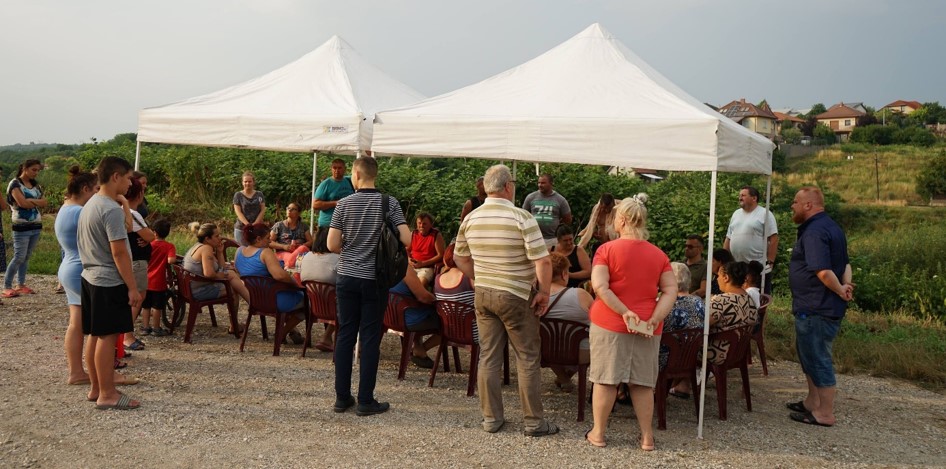
Picture 7 - Bábonyibérc pilot development discussion
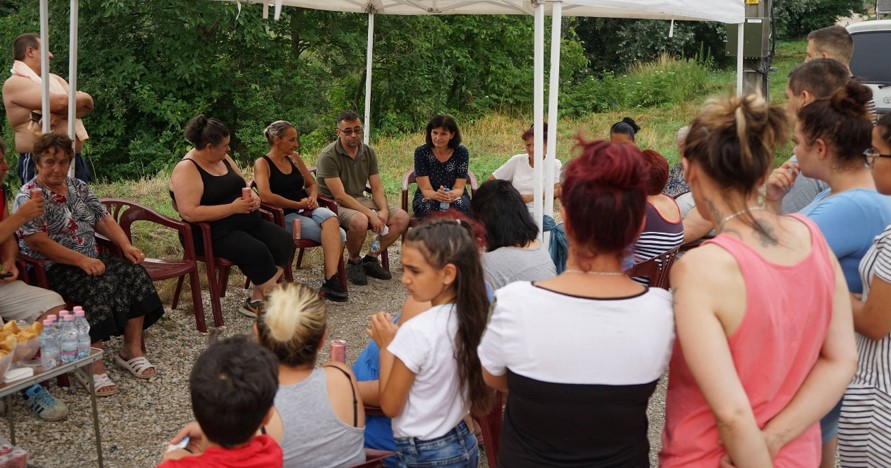
Picture 8 - Bábonyibérc pilot development discussion
3. Joint Meetings
The local communities have been represented in the Municipal Taskforce for Inclusion through CAG members within the frameworks of regular joint meetings since July 2021. The meetings have been aiming to form common vision, actions and projects for solving the needs and problems of the selected segregates of Miskolc.
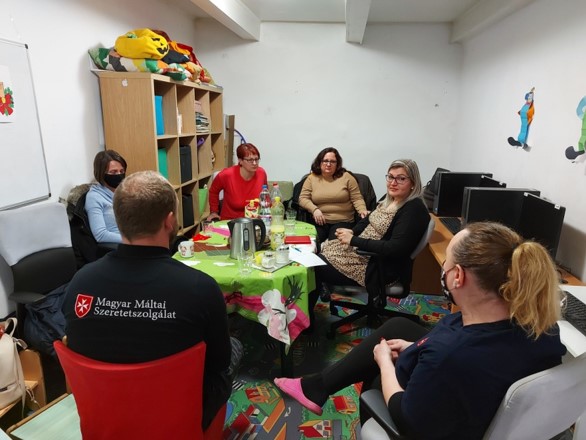
Picture 9 - Joint meting
Due to these activities our project achieved its main goal, as the segregated communities of Tetemvár and Bábonyibérc became active in the local governance, and their voices have been heard be the municipality finally. Accordingly, our results anticipate that following the tested methodology Miskolc will be a place for everyone in the near future.
The first steps – community engagement in Tetemvár & Bábonyibérc
At the beginning of the project journey, the project expert team and the Municipal Taskforce for Inclusion coordinated and jointly selected the target areas of the project. Two segregates of the city, Tetemvár and Bábonyibérc where neither social service had been available nor community development initiatives had taken place earlier, were appointed for piloting the inclusion process. Accordingly, our efforts directly affected approximately 1,250 inhabitants (registered and non-registered citizens) of these segregates.
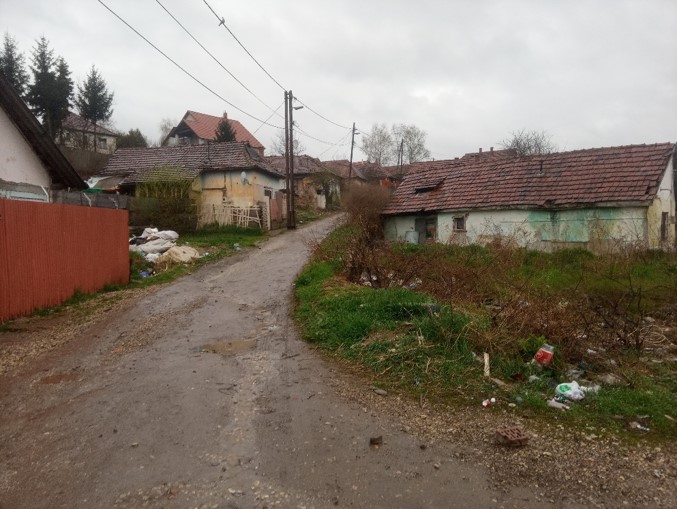
Picture 1 - Bábonyibérc
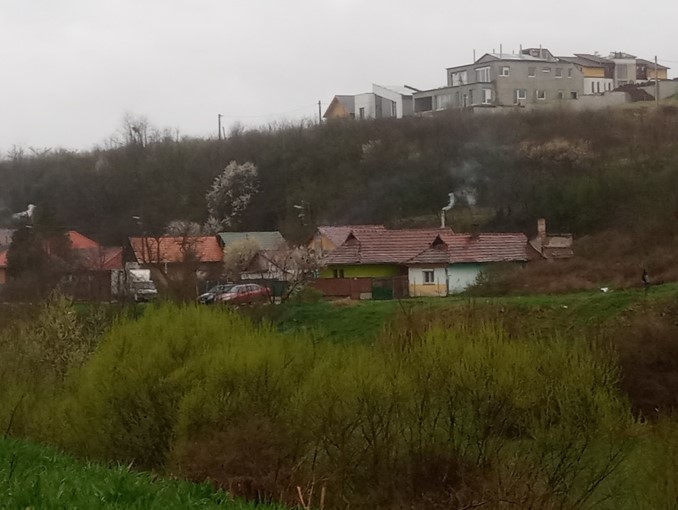
Picture 2 - Bábonyibérc
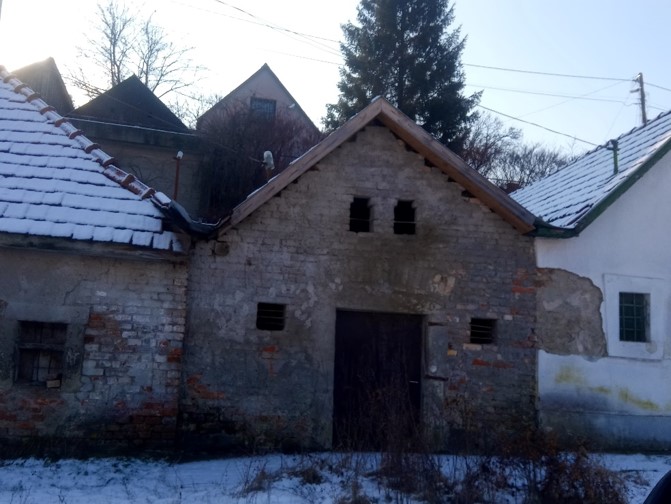
Picture 3 - Tetemvár
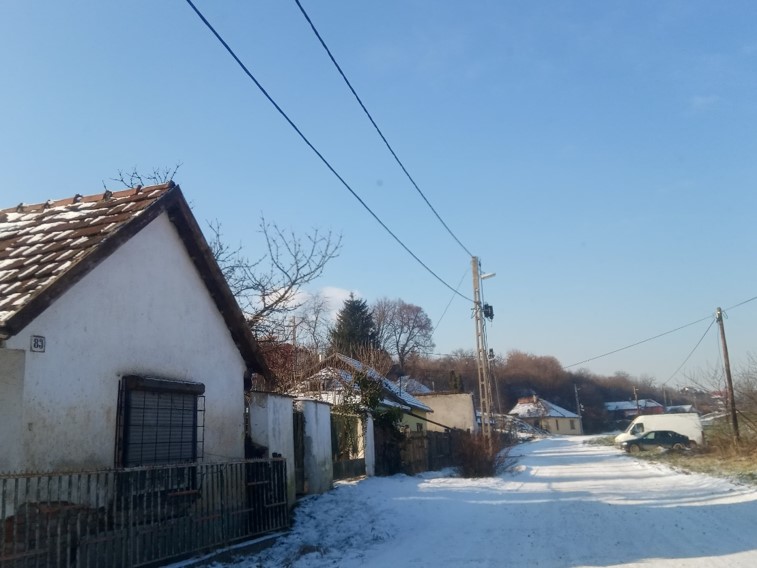
Picture 4 - Tetemvár
Our two community coaches (Tamás Wágner and Gabriella Czövek) started their community organizing activities in the selected segregates in November 2020 and have been carrying them on until the end of the project. They started the process with spontaneous one-on-one discussions with the inhabitants of Tetemvár and Bábonyibérc. As a result of these discussions they could identify the central figures, opinion leaders and informal leaders of the communities and whom they organized into Community Action Groups (CAGs).
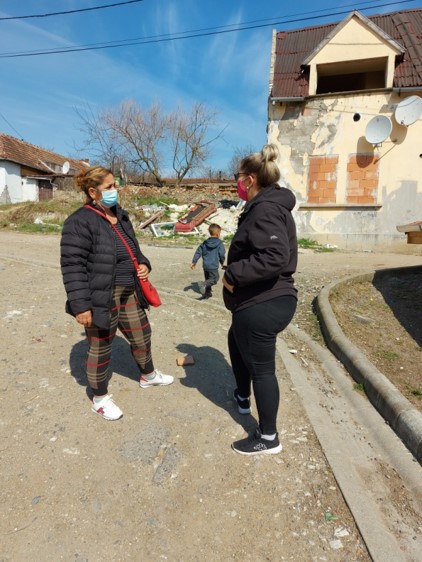
Picture 5 - Tetemvár one-on-one interview
The main goal of the community coaches was to empower these CAGs and prepare them for the cooperation with the Municipal Taskforce for Inclusion. Therefore, more formal and regular meetings of the CAGs’ had been organized to build the mutual acquaintance and trust among CAG members and community coaches.
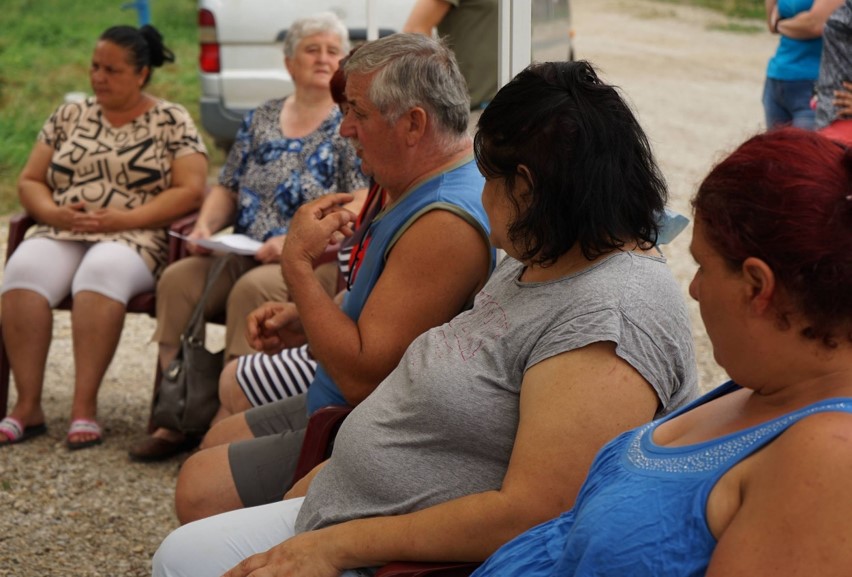
Picture 7 - Bábonyibérc CAG meeting
In addition, two problem screening workshops for each CAG had been organized (Bábonyibérc – 1.2.2021, 18.2.2021, Tetemvár – 18.2.2021, 22.2.2021).
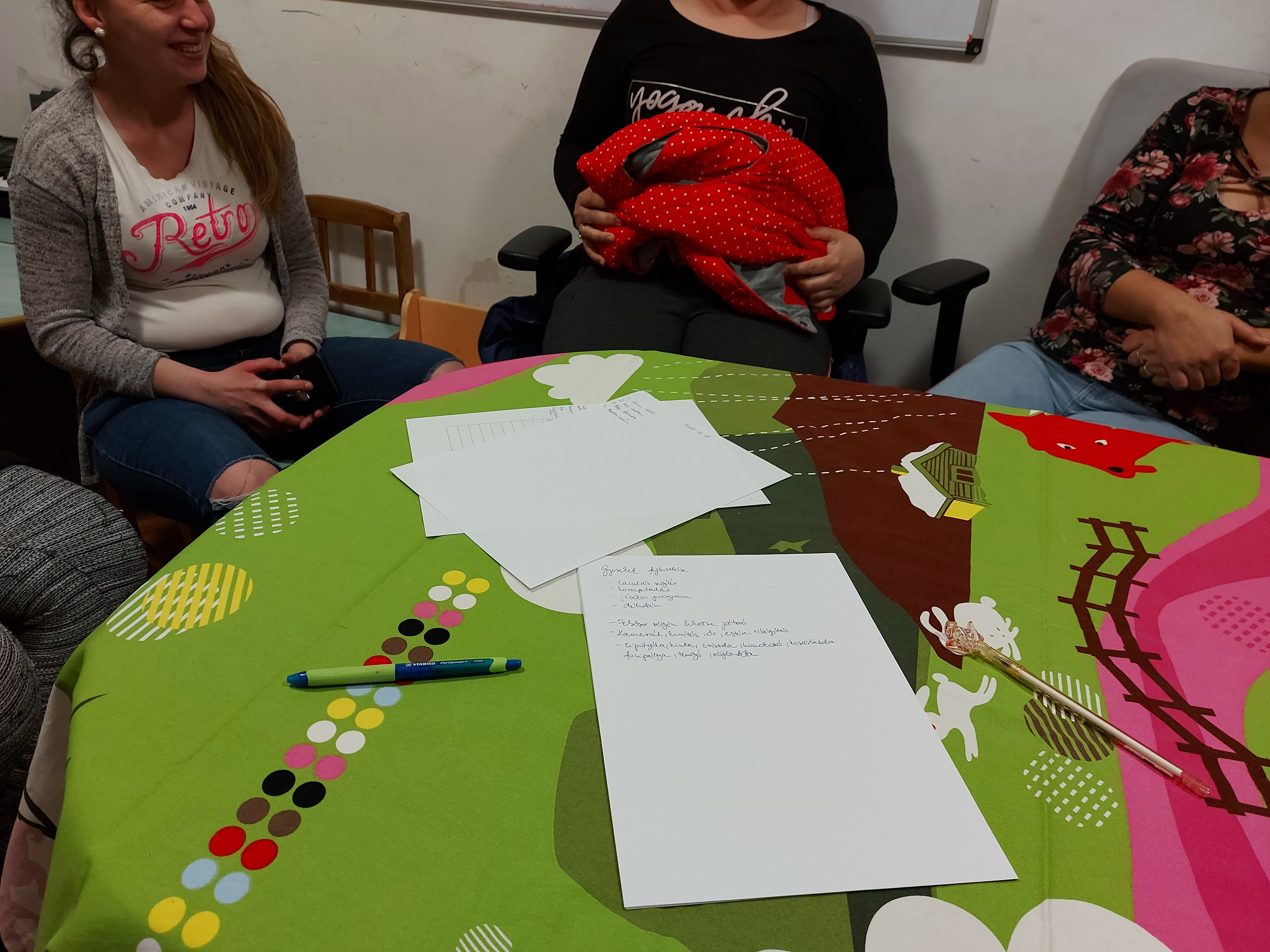
Picture 8 - Tetemvár problem screening
The workshops targeted the identification of the problems and the specific needs of the communities, those who were affected by these problems, the obstacles of meeting these needs and those who could be involved in the problem solving as potential stakeholders. As a result of the problem screening the CAGs drafted potential actions for problem solving on the following three levels:
- municipality level with the involvement of external resources (EU funding) (major scale actions),
- local level with the involvement of external resources (municipal funding, small grants) (medium scale actions)
- local level without significant external resources (minor donations, non-financial municipal support) (small actions).
In parallel with the problem screening the project supported the capacity building of the CAG members as well as the Municipal Taskforce for Inclusion. External experts from the Zala County Roma Association shared their experiences, techniques and tools for Roma inclusion, participatory planning, development and decision making as well as intercultural communication within the frameworks of two, 3 days long parallel trainings between the 15th and 17th of August.
As a result of the permanent community coaching activities the local CAGs become prepared for organizing community actions for engaging the local communities.
The idea – Miskolc shall be a place for everyone
Between 20,000-30,000 of the 150,000-160,000 inhabitants of Miskolc live in deep poverty. More than 10,000 of them live in one of the 17 segregated communities of the city, majority of them are Roma and not registered residents of the city. (Municipal video of Miskolc: https://www.youtube.com/watch?v=aYaUy-tTf8s)
During the former decade these communities had no voice in the decision making processes of the municipality, they have not been represented in the city council and the municipal institutions. Accordingly the local government could make decisions affecting these communities adversely without asking the opinion of the local people. (https://www.osce.org/odihr/262066)
The situation seemed to change in 2019 when new city council had been elected and started to follow more participatory approaches in the policy making processes. In order to achieve this goal the municipality intended to open towards the most disadvantaged communities and segregates of the city but due to the lack of experiences and effective methods the municipality had to involve external expertise to support the implementation of the new approach.
Finally, the municipality started cooperation with our organization Abaújrakezdés Public Benefit Association (http://www.abaujrakezdes.hu/). We had profound experience in participatory development methodologies gained through the implementation of social, human resource, employment and territorial development projects targeting disadvantaged communities in the North-Eastern Hungarian Region, financed by different ESF and ERDF funded operative programs, national programs or even by the ROMACT program of the Council of Europe.
Our cooperation started in 2020, Abaújrakezdés supported the setup of the municipal taskforce being responsible for the inclusion of the segregated communities into the local development processes. The taskforce elaborated the methodology for addressing, engaging and involving representatives of the segregates into the dialogues on development goals and programs affecting the most vulnerable and disadvantaged communities.
As the joint work started, the CIVIC Europe idea challenge provided a great opportunity for testing the jointly elaborated methodology and piloting the cooperation between the municipal taskforce and the local action groups representing the segregated communities.
Recognizing that, we applied and won the idea challenge. We set up our team, which includes Balázs Dernei as project Manager, István Tamás Szenttamási as professional project leader, two community coaches: Tamás Wágner and Gabriella Czövek, as well as Gabriella Füzér, the technical coordinator of the project and Erika Renáta Béres as an external expert.
The first months of the project had been spent with intensive preparatory works and team meetings to define the concrete target areas, target groups and activities as well as the necessary human, financial and material resources to achieve the inclusion of the most vulnerable and disadvantaged communities into the local decision making processes and make Miskolc a place for everyone.
Write comment